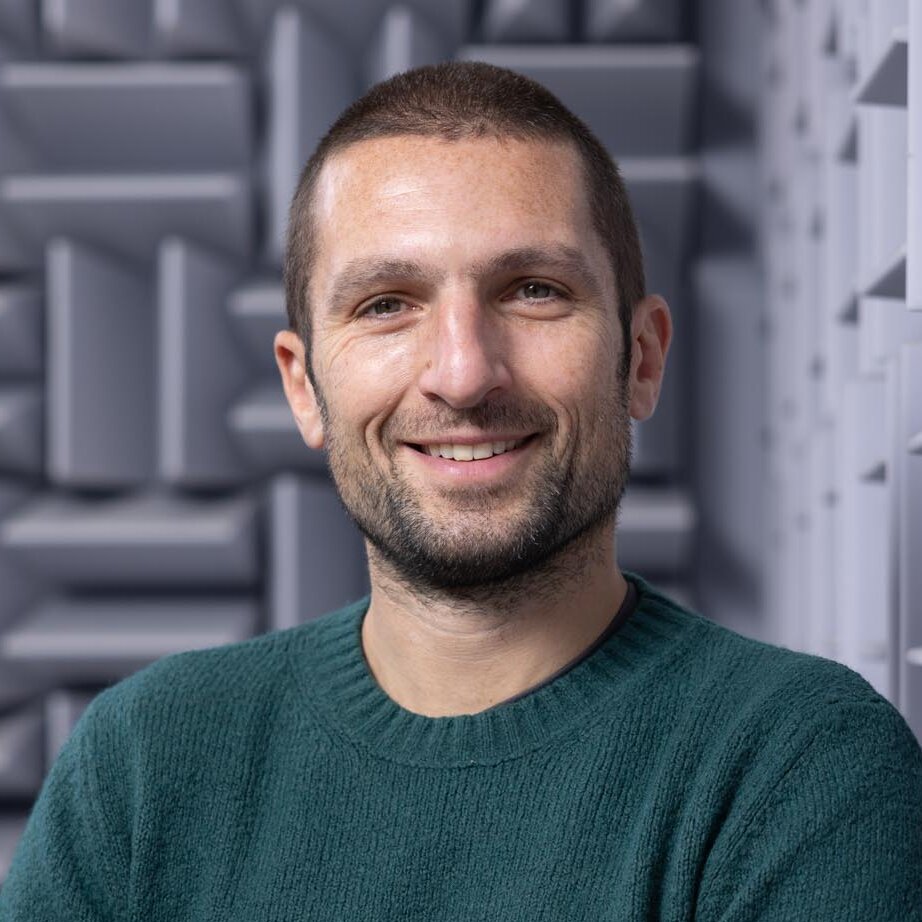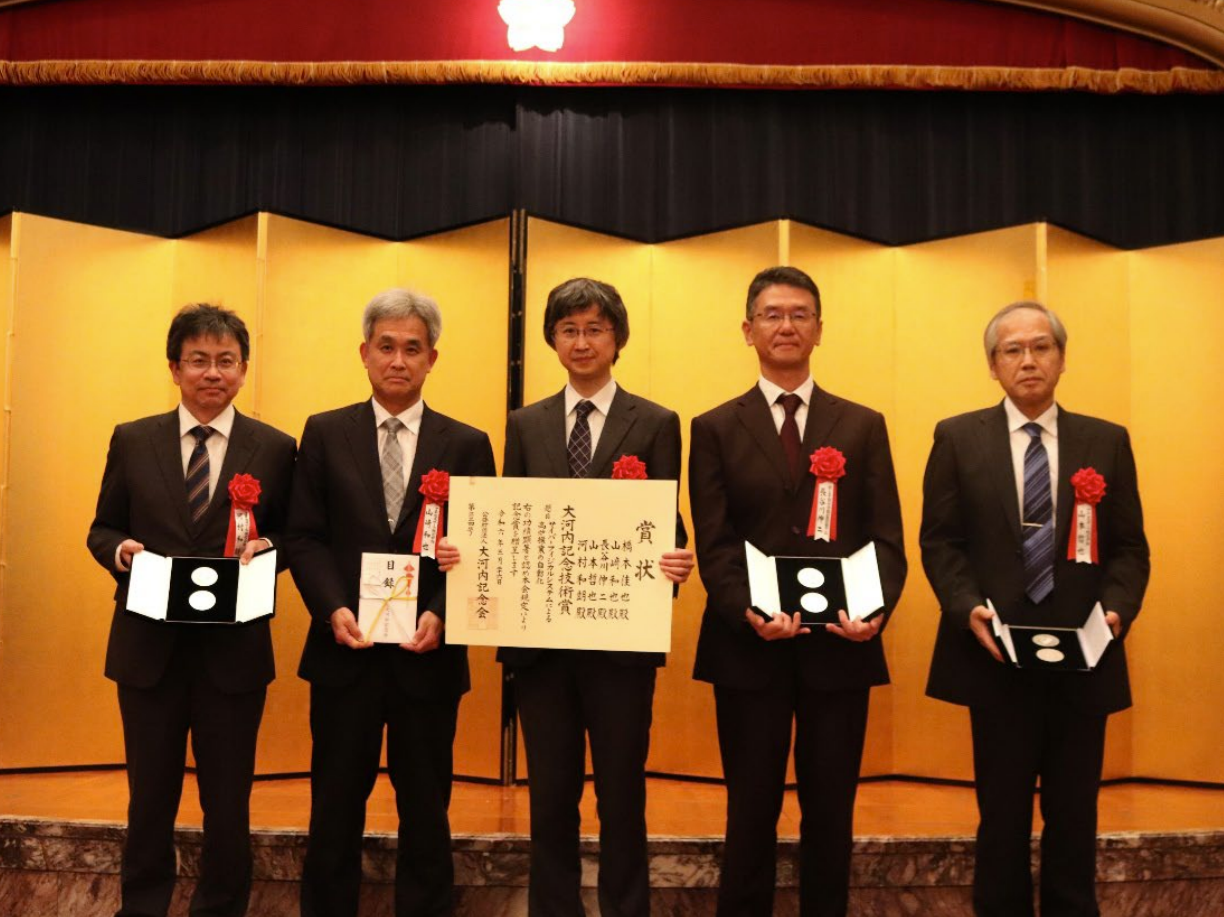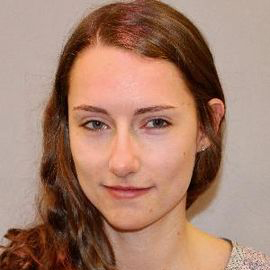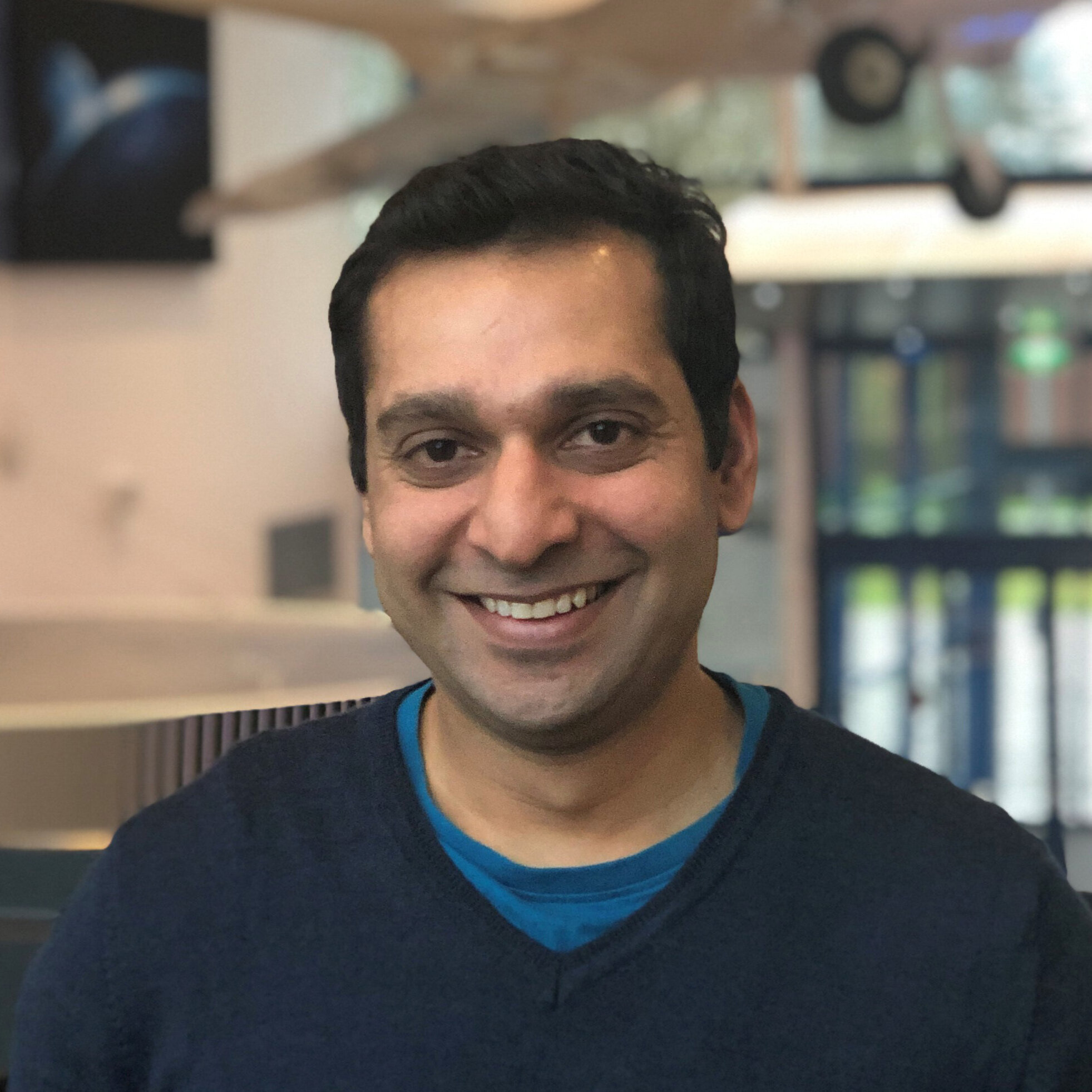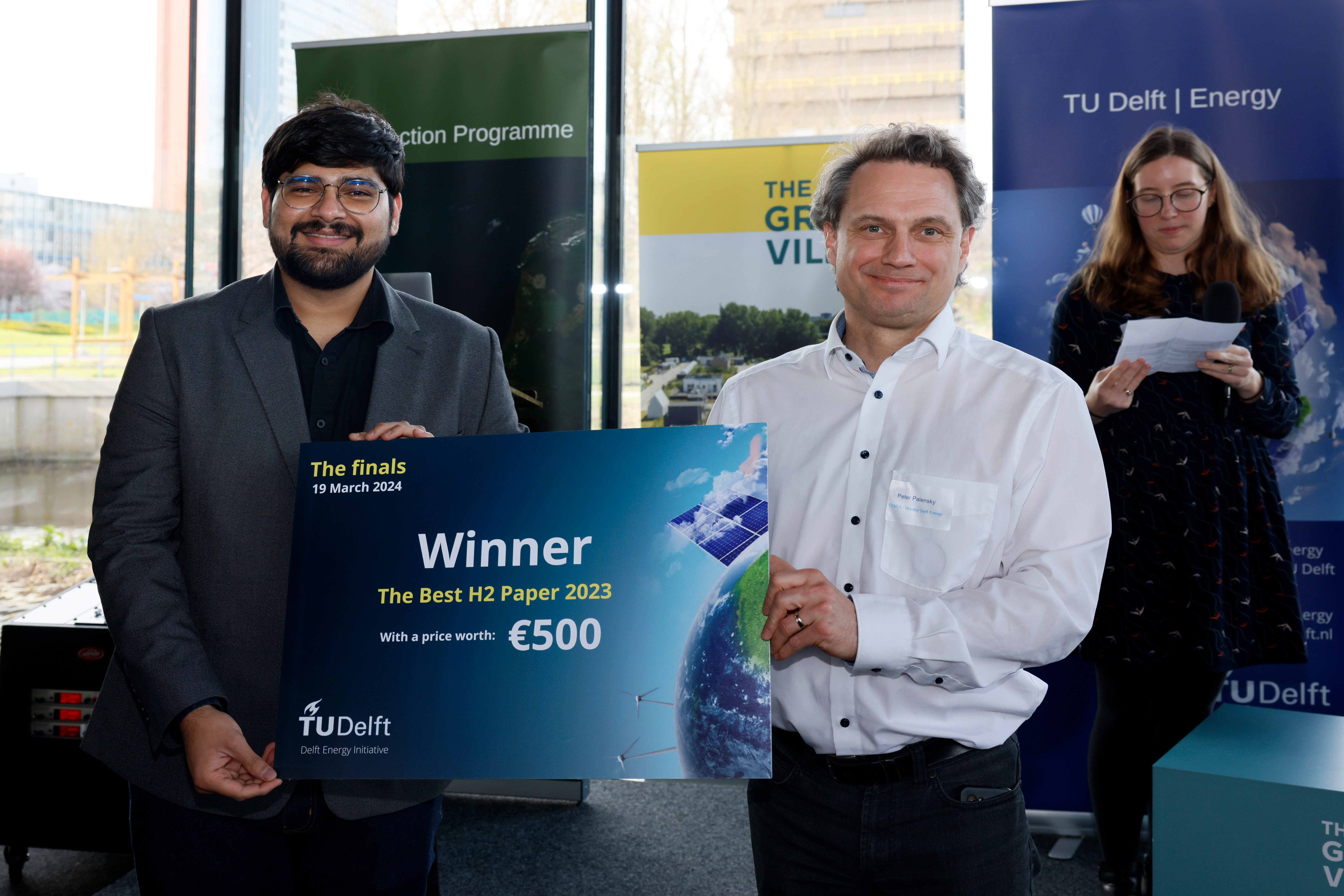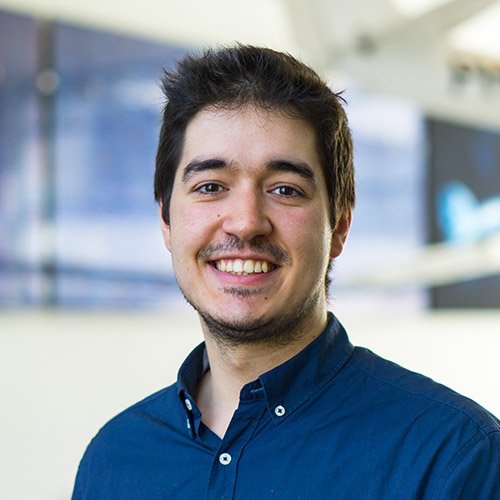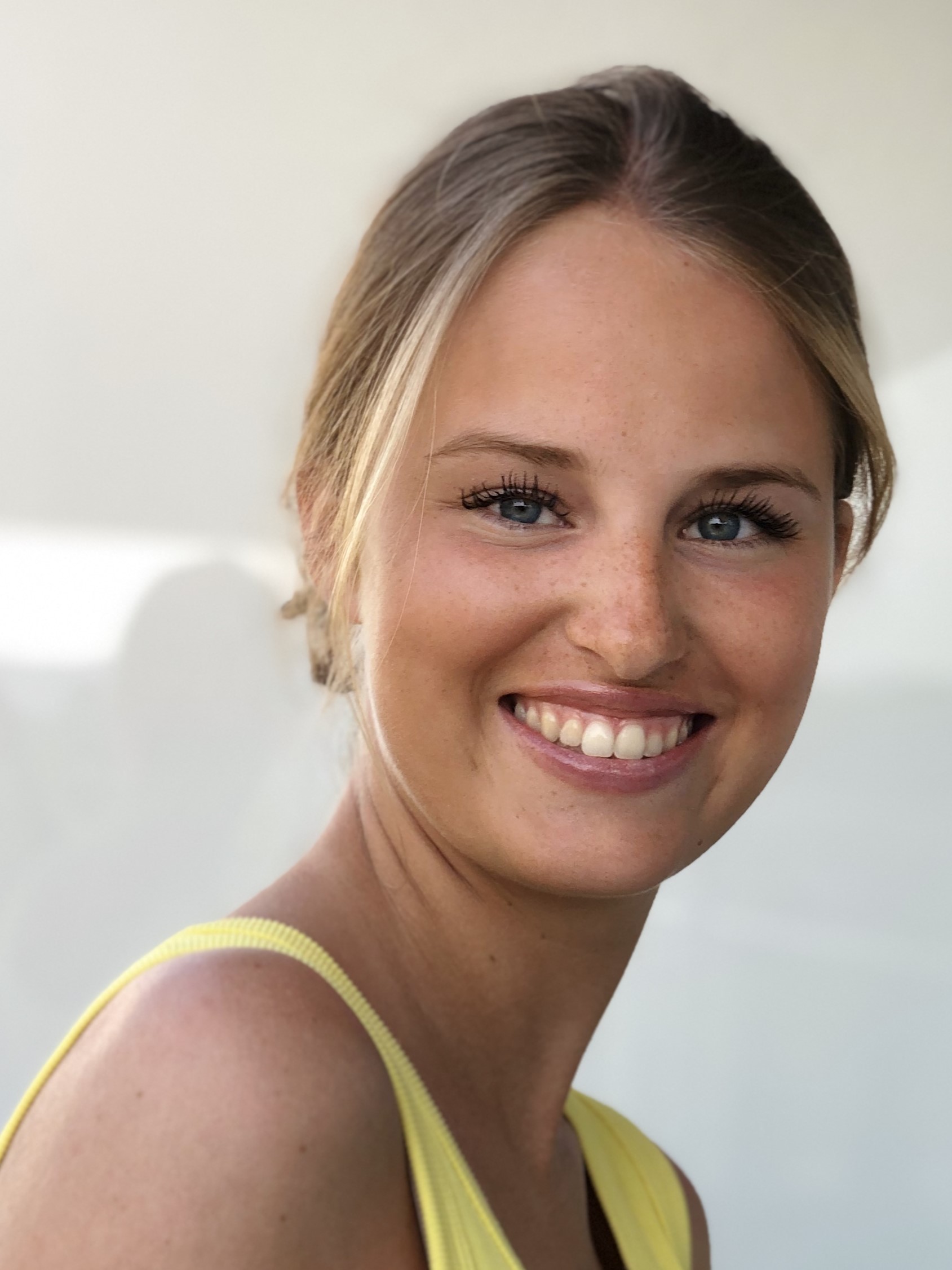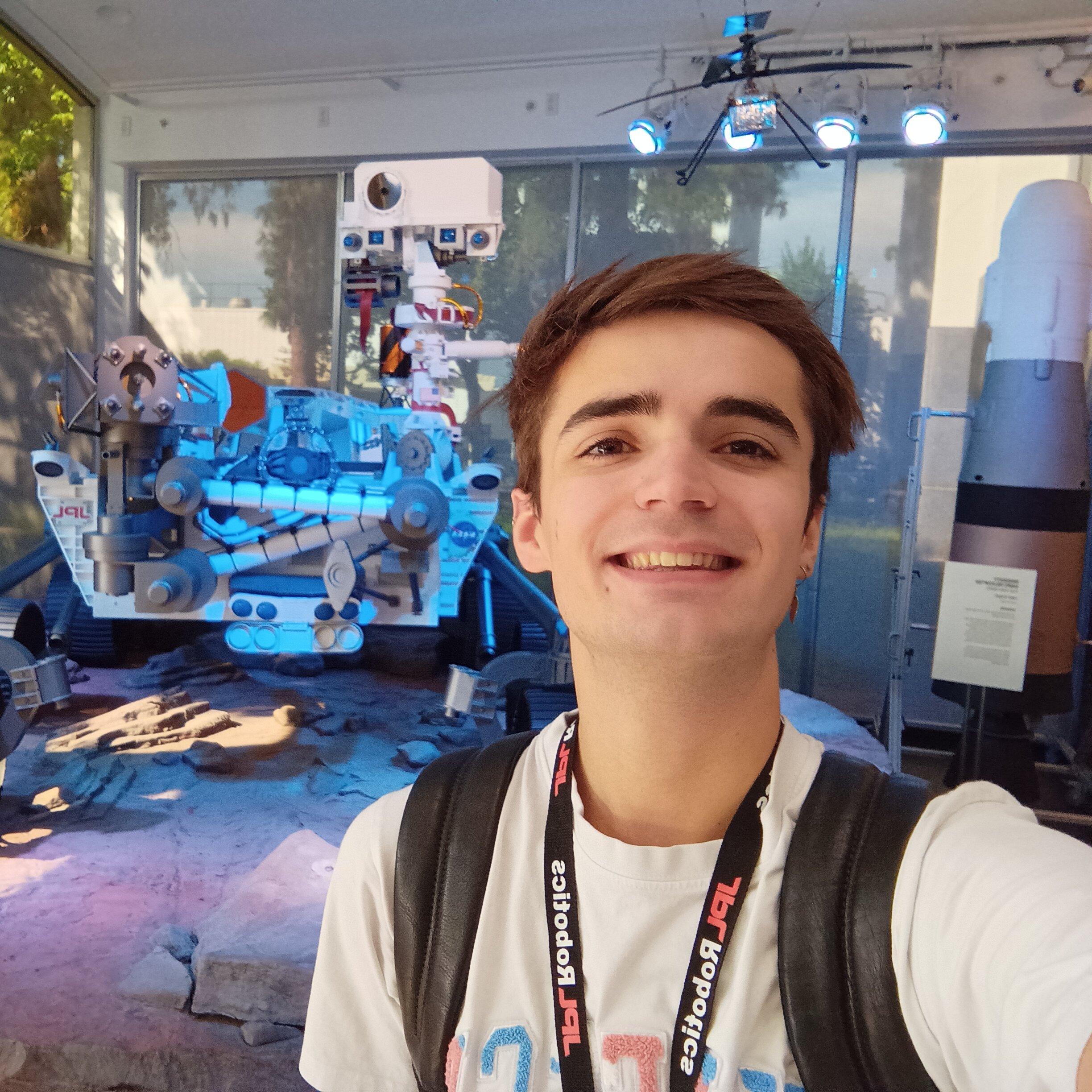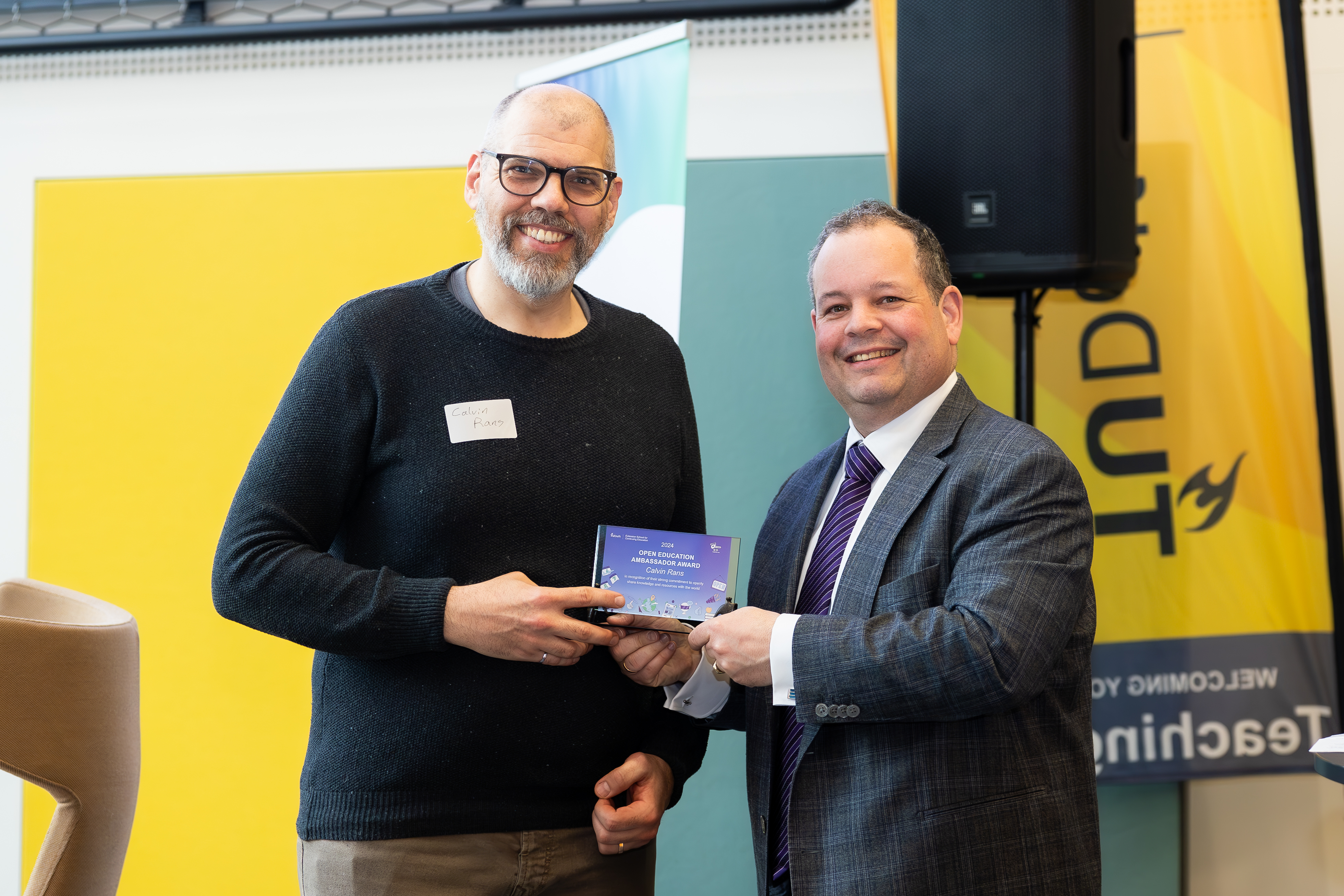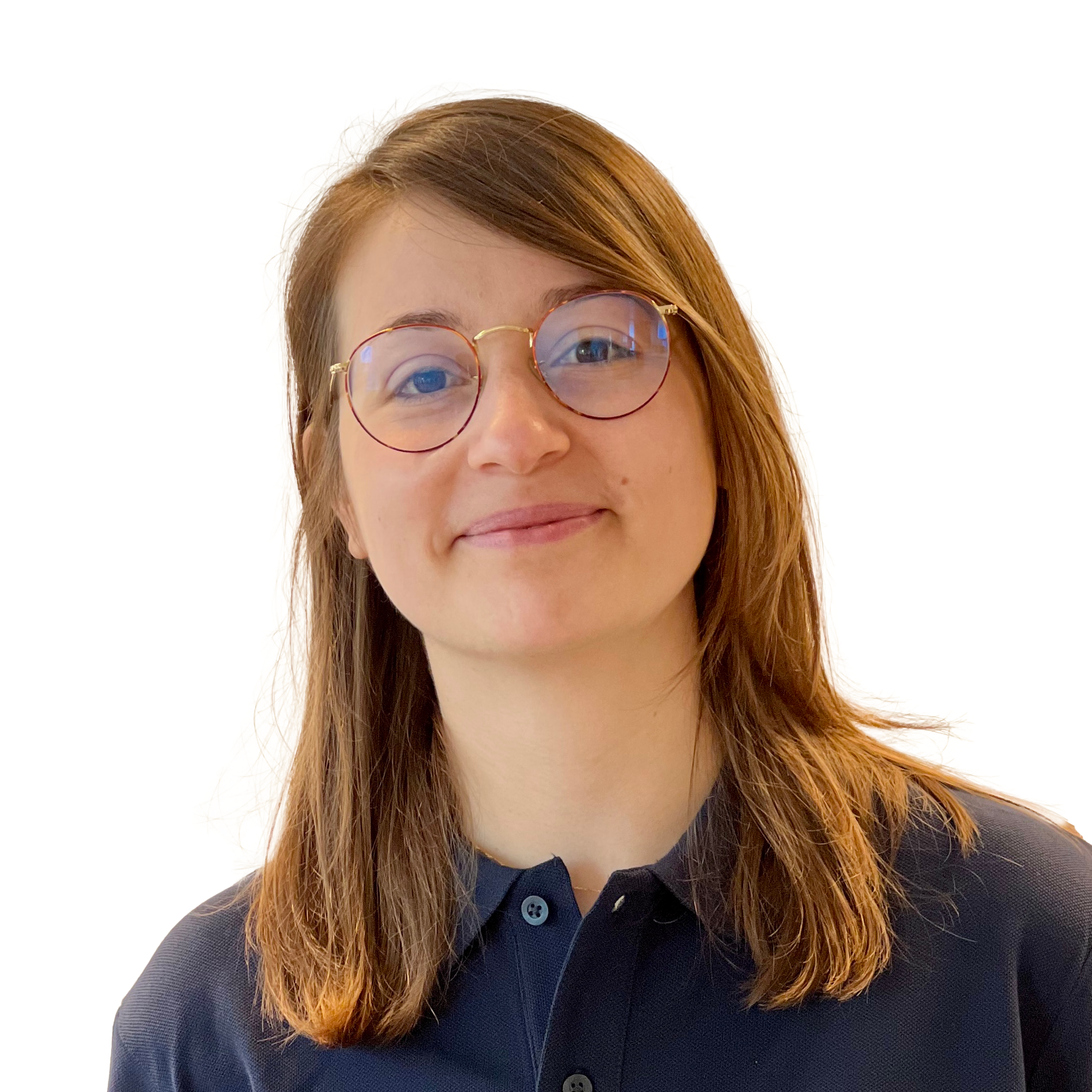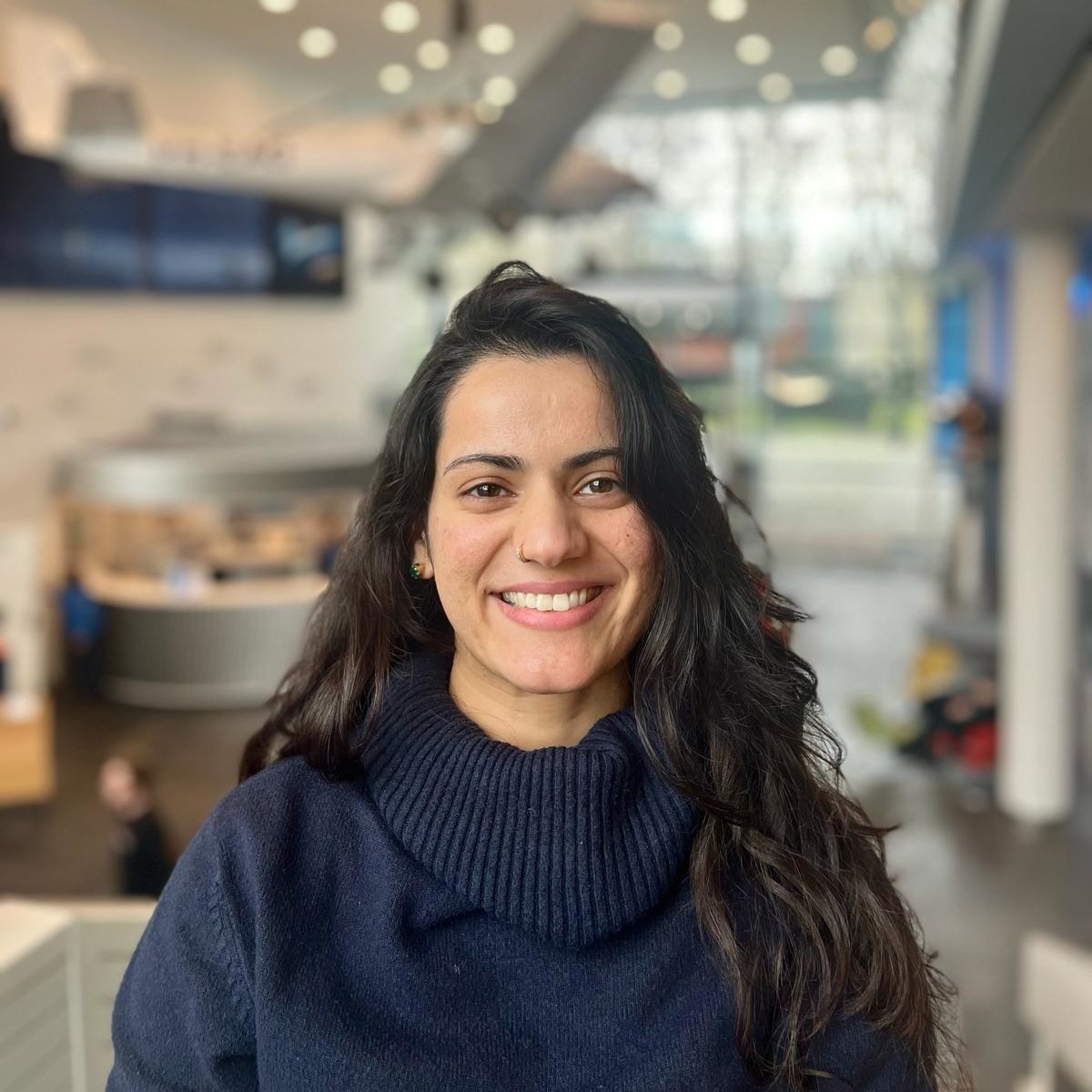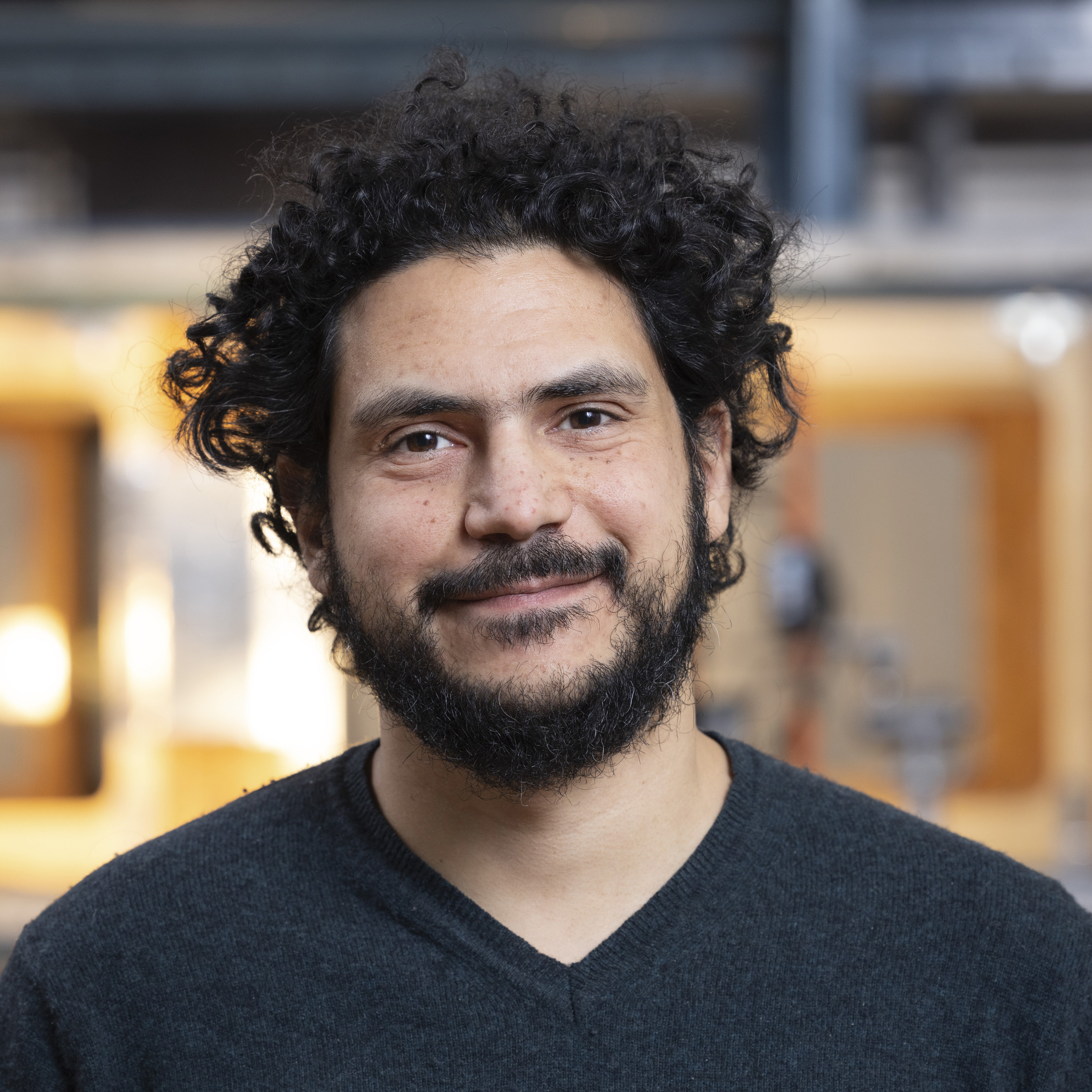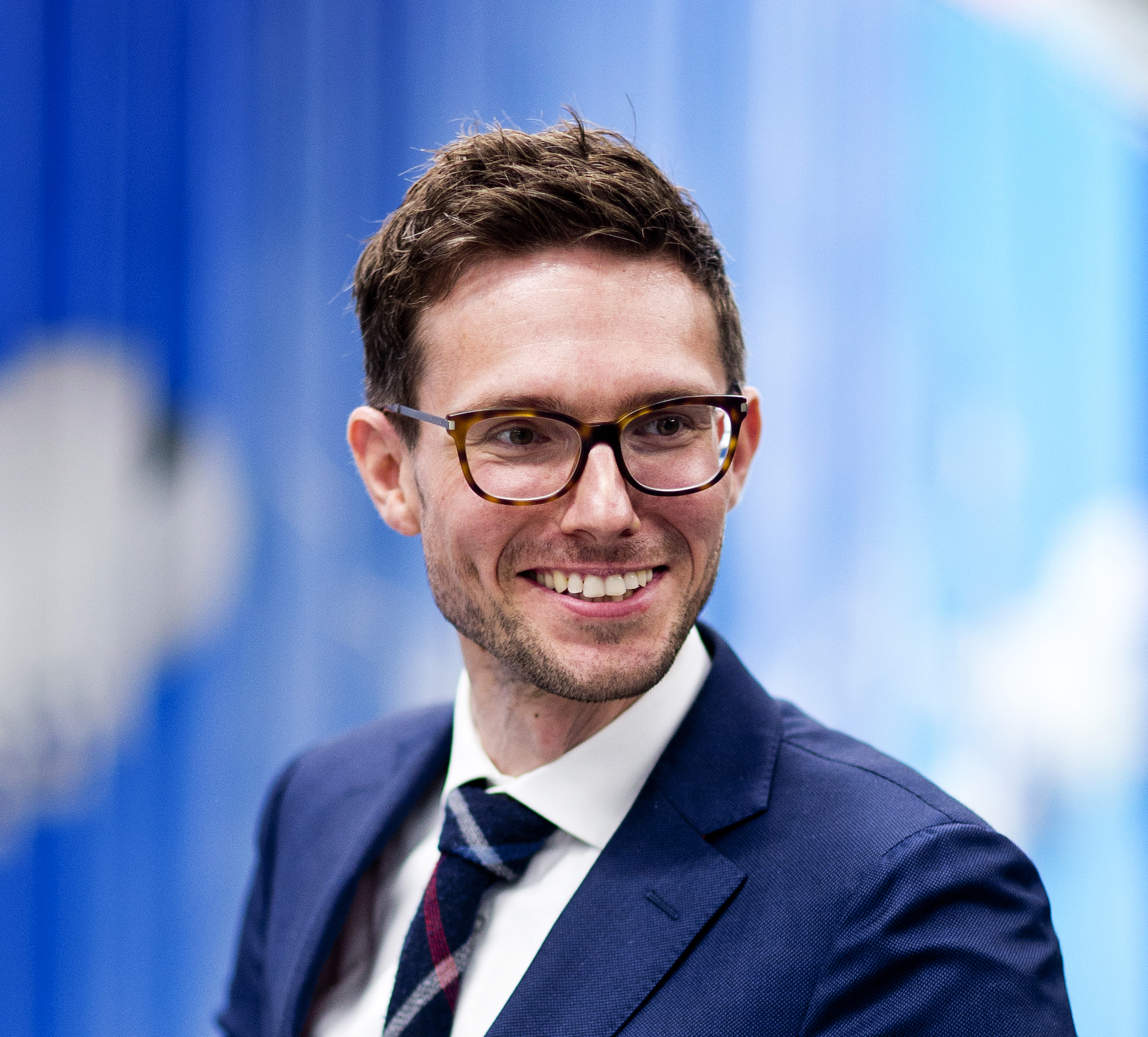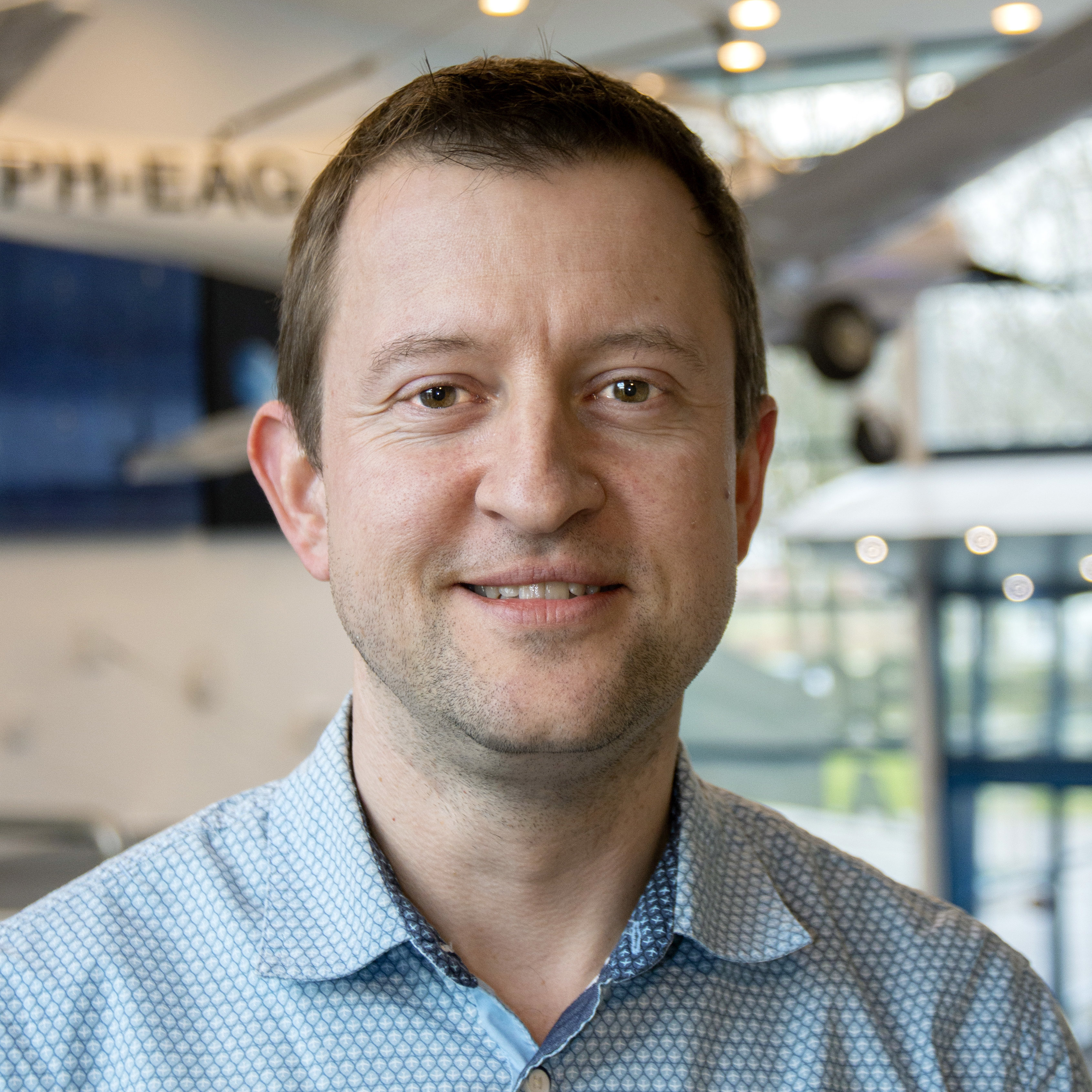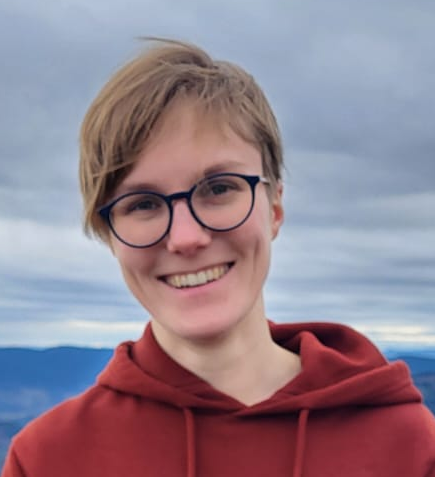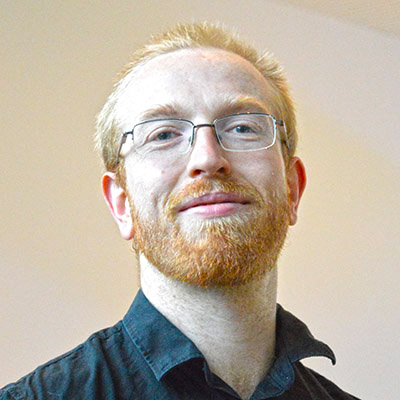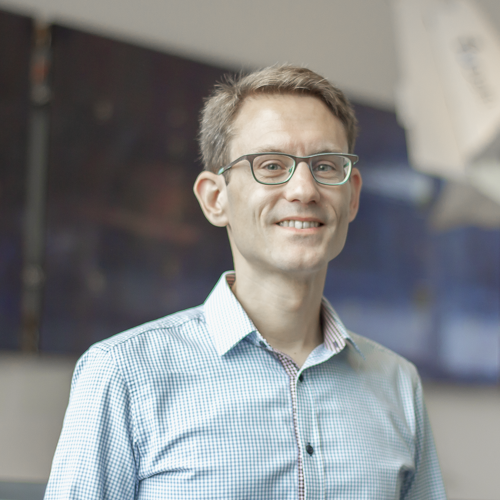At the faculty of Aerospace Engineering, we all work hard on world-class teaching and research. This leads to great achievements that sometimes result in a grant or award. These successes are an inspiration and contribute to a sense of pride and belonging to our faculty, which we are pleased to share on this page.
Daniele Ragni was awarded an ERC Consolidator Grant from the European Research Council for his research project MORASINA (Modelling Rotor Aircraft Surface Interaction Noise for Acoustic Prediction). With this, Ragni will research noise caused by the interaction of rotors with airframe components in order to more accurately predict and ultimately reduce noise.
Dr. Yoshinari Hashimoto, visiting scientist in the department Control & Operations (section Control & Simulation) has been awarded the 70th Okochi Memorial Technology Prize by the Okochi Memorial Foundation in Japan for his achievement in the development of an automatic control system for blast furnace operations. The Okochi Memorial Technology Prize is awarded for outstanding original research achievements in industrial engineering in Japan. The award ceremony was held in Tokyo on March 26.
Highly efficient and stable operation of blast furnaces in the steel industry is crucial to reduce CO2 emissions. Hashimoto et al. developed an automatic control system based on a mathematical model that calculates the internal state of the furnaces in real time and published two journal papers with Prof. Mulder and Prof. Van Paassen (C&S). This automated system has been put to practical use in actual blast furnace operations, contributing to the reduction of CO2 emissions and workload of operators. During his two year stay at TU Delft, Dr. Hashimoto explores the use of ecological interface design to retain the skills of proficient operators in future automated and sustainable blast furnace operation.
Advanced Materials publication: Mimicking biological matter with 3D printing
19-03-2024 | Caroline Houriet and Kunal Masania
Caroline Houriet and Kunal Masania have found an approach to replicate the complex microstructures found in nature using 3D printing techniques. This opens up new possibilities for designing and fabricating lightweight parts with high mechanical performance while also being recyclable. The team presented their new insights in Advanced Materials.
With his paper "Thermodynamic analysis of a zero-emission combustion cycle for energy transition", Kausal Dave won first place for the TU Delft H2 Platform. Moreover, this paper, together with 8 others, was selected for the best TU Delft Climate publication and the best TU Delft Energy publication.
For his research, Kaushal Dave analysed and optimised the innovative HYCOS combustion cycle and arrived at an impressive, theoretically achievable gas-to-electricity efficiency of over 55%. His research offers it good hope for achieving a carbon-free global economy.
Roberto Merino Martinez, together with two researchers from the Faculty of IDE, has been awarded funding from NWO under the Open Technology Programme for their research on the acoustic environment in pediatric ICUs.
The acoustic environment has a major impact on human health. Imagine what hospital sounds mean for the stress levels of children in ICUs, for example. The funding will allow scientists to develop new algorithms that identify sound-producing events and assess its quality. The information will be represented on a digital platform to increase nurses’ understanding of the ‘auditory footprint’ of different sounds and empower them to act to improve it.
Elise Scheers has received the Hans Wittenberg Prize 2024 for her thesis titled: "Coupled Hybrid Electric Aircraft Design and Strategic Airline Planning". Her research focuses on integrating hybrid-electric aircraft design with strategic airline planning, aiming to develop a methodology for optimizing a hybrid-electric aircraft fleet's design while considering its impact on airline operations and network emissions. She was supervised by Dr. Maurice Hoogreef.
Juan Garcia Bonilla has received the Heinz Stoewer Space award 2024 for his thesis, titled "Uncertainty Quantification for Solar Sails in the Near-Earth Environment." Bonilla’s work aims to identify and quantify the effects of the key sources of uncertainty in Solar Sails missions around the Earth. This allows mission designers to design robust systems capable of success amidst uncertainty. He was supervised by Dr. Jeannette Heiligers.
Each year, on the occasion of global Open Education Week, TU Delft celebrates nine lecturers for their commitment to openly share knowledge and educational resources with the world.
Nominated by their faculties and QuTech, they receive the award from the Executive Director of the TU Delft Extension School for Continuing Education in an open ceremony at the Teaching Academy.
Calvin Rans received this award for contributing to openness and sharing in teaching & learning practices and materials beyond the TU Delft campus, with accolades from students and peers at other universities and worldwide. In addition to being the responsible lecturer for the openly licenced MOOC Introduction to Aerospace Structures and Materials, for seeking to introduce new open formats and tools to better cater to different learner audiences – more recently for example using a ChatGPT-generated video or creating an engaging ‘mission to space’ campus course to bring situations to life through digital tools. Finally, for regularly sharing experiences and lessons learned in engineering education, including as Chair of the Open and Online Education interest group.
More information:
Open Education Ambassadors
Open Education Ambassador Awards for TU Delft lecturers
TU Open Education funding for proposal on inclusive STEM education
05-03-2024 | Anandini Jayanthi and Isabelle El-Hajj
Anandini Jayanthi and Isabelle El-Hajj, who are part of the aerospace D&I education working group, participated in a proposal to the Open Education Stimulation Fund led by the faculty EEMCS. With the proposal, they aim to strengthen diversity and inclusion in our education. The proposal entitled “Towards Open Inclusive STEM Education” has been granted.
A short summary of the project goals: "With our project, we want to support and educate teachers on the meaning of inclusive education. And provide them with the tools to implement this knowledge, and collect open education resources and examples that they can reuse in their own education. Although initially motivated by a lack of women in STEM, we aim to include other minorities and diversity aspects where possible. With this project, we want to make the barrier to creating and using inclusive education as low as possible and show that, even with small adjustments, you can work towards more inclusive education.” We hope this will help strengthen D&I in our education.
More information: Open Education Stimulation Fund 2023 (tudelft.nl)
Prof. Marios Kotsonis was awarded a €1.5 million Vici grant from NWO (Dutch Research Council) for his research ‘Running up that hill’ into reducing the aerodynamic drag of aircraft through controlling the airflow over the wings. This novel finding can revolutionise laminar wings, potentially saving millions of tons of fuel and harmful emissions every year.
Read more
Prof. Guido De Croon was awarded a €1.5 million Vici grant from NWO (Dutch Research Council) for his research of insect-inspired, neuromorphic AI for autonomous robots.
AI requires heavy computing devices that make robots heavy and dangerous, and therefore unsuitable for many applications. In this project, the AI will be modelled after insect intelligence and instilled on a resource-restricted drone, unlocking innumerable new applications.
Coen de Visser was awarded a €2 million ERC Consolidator Grant from the European Research Council for his research project ARCS (Autonomous Robots with Common Sense).
In the ARCS project, he will develop a new principle in control engineering: Artificial Physical Awareness (APA). With APA, autonomous robots such as drones and self-driving cars become aware of their own physical capabilities and limitations. This ultimately will help them operate safely in close proximity to humans, animals, and infrastructure.
Prof. Marios Kotsonis was awarded a €2.4 million ERC Consolidator Grant from the European Research Council (ERC) for his research project MetaWing.
Kotsonis' research aims to pave the way for ultra-low drag aircraft wings for use in emission-free aviation. To achieve this goal, he and his team are developing a new class of metamaterials: engineered composite structures that create extraordinary wave phenomena, which they intend to utilize for flow control.
Read more
Marie Fayolle and Dominic Dirkx have been awarded funding from NWO within the programme 'Use of space infrastructure for Earth Observation and Planetary Research’ (GO) for their research proposal ‘Elucidating tidal dissipation through open science - a window on the evolution of Titan and the Saturnian system from radio science and astrometry’. With this research, they aim to provide enriched insight into the evolution of the Saturnian system and its moon Titan in particular, thus shedding new light onto the processes that drive icy satellite evolution in general.
Many moons of Jupiter and Saturn have a deep global ocean of liquid water under an icy surface. This makes these icy moons very interesting from an astrobiological perspective, since liquid water is a key ingredient for life as we know it. The researchers will use data from the Cassini mission to re-analyze the orbital evolution of the large Saturnian moons, with a focus on the moon Titan. Past analyses of this type have led to conflicting results, calling into question evolution scenarios of these moons' interiors.
The majority of the analyses will be done using open-source tools, based on the Tudat astrodynamics software. Publications will be accompanied by software repositories, allowing anyone in the community to scrutinize the work in detail, and attempt to extend or improve the analysis without having to reinvent the wheel.
Christian Siemes has been awarded funding from NWO within the programme 'Use of space infrastructure for Earth Observation and Planetary Research’ (GO) for his research proposal RAM. RAM, which stands for ‘relative accelerator modelling’ aims to make a crucial contribution to the success of the GRACE-FO mission by improving the accuracy of the data received from the underperforming accelerometer on the second GRACE-FO satellite.
The GRACE-FO mission measures how Earth’s gravity field changes over time, which gives invaluable data on how fast the ice sheets melt, how much ocean mass changes contribute to sea level rise, the level of groundwater depletion and recharging, and many other geophysical processes. Unfortunately, the accelerometer on the second GRACE-FO satellite performs worse than expected, which poses a severe limitation for the mission. The emergency solution is to transform the data from the well-performing accelerometer on the first satellite to represent the forces acting on the nearby second satellite, a process called ‘transplanting’ the accelerometer data. Such transplantation requires accurate modelling of aerodynamic forces and radiation pressure, for which we will employ state-of-the-art methods developed for atmospheric research. The modelling is based on a photorealistic model of the satellite, ray-tracing algorithms developed for computer graphics, and a fine-tuning of the description of satellite surface properties based on sophisticated analysis of in-flight data.

